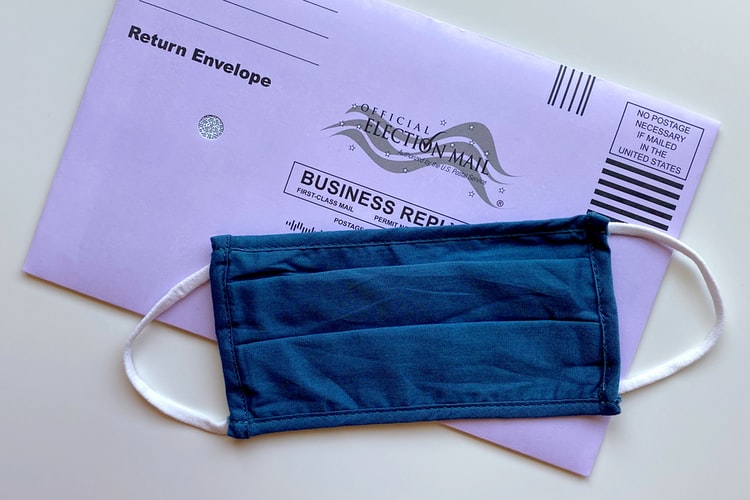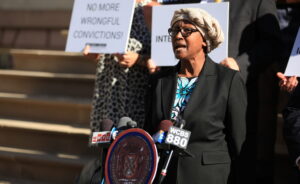
Image Credit: Tiffany Tertipes/Unsplash
Washington D.C. – President Donald Trump has appointed Amy Coney Barrett to a seat on the U.S Supreme Court. Coney Barrett is set to succeed the late Justice Ruth Bader Ginsburg. The Senate Judiciary Committee will be overseeing and hearing Barrett’s confirmation hearings. The hearings began on Monday and will continue through Thursday this week. The monumental precedent of Barrett’s nomination is undeniable. If she is confirmed, this may be the most conservative Supreme Court in nearly seven decades.
The decision to swear in Coney Barrett onto the Supreme Court could have a tremendous impact on a case, Brnovich v. Democratic National Committee, that could potentially alter the equilibrium between assuring election transparency and fairness for voters nationwide. Last week, the Court listened to the Brnovich v. Democratic National Committee to decide whether an Arizona “ballot harvesting ban,” among other various voting policies, infringed upon voters’ rights. The justices must decide whether this pivotal case violates the Constitution’s 15th Amendment by making it harder for people of color to vote. The Constitution’s 15th Amendment forbids the federal and state government from refusing a citizen the right to vote based on “race, color, or previous condition of servitude.”
In the end, the Supreme Court approved seven cases that justices will hear during its 2020-2021 term in regards to the potential voting infringements. Specific hearing dates have not yet been released. A negative outcome for Brnovich v. Democratic National Committee, could cripple the Voting Rights Act of 1965, largely considered to be a milestone in civil rights law.
A newly-conservative Justice Coney Barrett, could set precedent in an already exceedingly divisive issue. President Trump has continually proclaimed allegations of nationwide voter fraud with little to no evidence to corroborate such statements. On the other side of the aisle, Democrats fear such measures may cause additional difficulties for marginalized communities as they cast their ballots. Will the court’s decision have lasting consequences in regards to equal voting rights in the future?
Image Credit: Tiffany Tertipes/Unsplash
Sources:
- “The Barrett factor: Would the new justice upend the Voting Rights Act?”
- “If Trump appoints a third justice, the Supreme Court would be the most conservative it’s been since 1950”
- “Judge Amy Coney Barrett’s Senate confirmation hearings for Supreme Court begin Monday”
- “SCOTUS grants review in seven cases for 2020-2021 term”
- “The Right to Vote Not Denied by Race”
- Supreme Court Will Weigh Weakening Voting Rights Act After Election
Erin Mayer has been published in numerous publications. When she is not reporting, writing, studying or protesting, she is gardening, traveling, or at the beach with loved ones.



